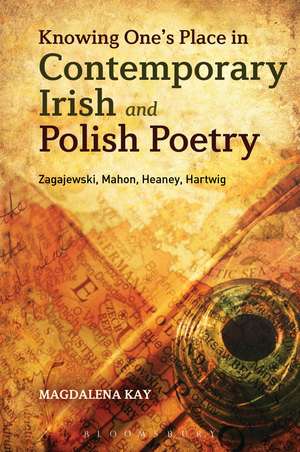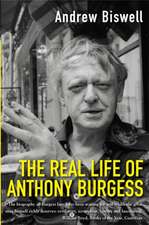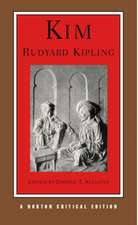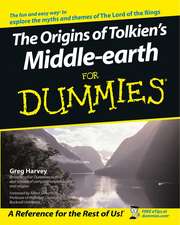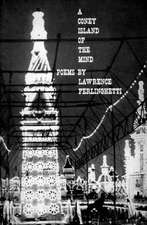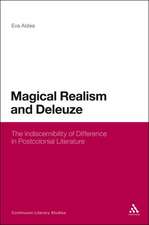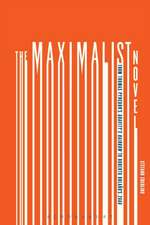Knowing One's Place in Contemporary Irish and Polish Poetry: Zagajewski, Mahon, Heaney, Hartwig
Autor Dr. Magdalena Kayen Limba Engleză Paperback – 2014
| Toate formatele și edițiile | Preț | Express |
|---|---|---|
| Paperback (1) | 257.59 lei 6-8 săpt. | |
| Bloomsbury Publishing – 2014 | 257.59 lei 6-8 săpt. | |
| Hardback (1) | 831.83 lei 6-8 săpt. | |
| Bloomsbury Publishing – 25 apr 2012 | 831.83 lei 6-8 săpt. |
Preț: 257.59 lei
Preț vechi: 295.43 lei
-13% Nou
Puncte Express: 386
Preț estimativ în valută:
49.29€ • 51.59$ • 41.02£
49.29€ • 51.59$ • 41.02£
Carte tipărită la comandă
Livrare economică 31 martie-14 aprilie
Preluare comenzi: 021 569.72.76
Specificații
ISBN-13: 9781623562816
ISBN-10: 1623562813
Pagini: 272
Dimensiuni: 153 x 234 x 15 mm
Greutate: 0.37 kg
Editura: Bloomsbury Publishing
Colecția Bloomsbury Academic
Locul publicării:New York, United States
ISBN-10: 1623562813
Pagini: 272
Dimensiuni: 153 x 234 x 15 mm
Greutate: 0.37 kg
Editura: Bloomsbury Publishing
Colecția Bloomsbury Academic
Locul publicării:New York, United States
Caracteristici
Consideration of a popular topic (belonging and place) as seen in a new light
Notă biografică
Magdalena Kay is Associate Professor of English at the University of Victoria, Canada. She holds a Ph.D. in Comparative Literature from the University of California, Berkeley, and B.A. in English from Harvard University. She is the author of In Gratitude for All the Gifts:Seamus Heaney and Eastern Europe (University of Toronto Press, forthcoming 2012) and has published articles in journals such as World Literature Today, New Hibernia Review, An Sionnach, Canadian Journal of Irish Studies, Polish Review, Comparative Literature Studies and Comparative Literature.
Cuprins
Introduction. The Margins of Europe: A New ComparisonChapter 1. The Dynamic Ideal and the Protean Self: Adam ZagajewskiChapter 2. Figuring Otherness in the Work of Adam ZagajewskiChapter 3. Belonging on the Edge: Derek Mahon's Outsider PoeticsChapter 4. Inhabiting the Earth: Derek Mahon's Dissonances and HarmoniesChapter 5. Belonging as Mastery in the Poetry of Seamus HeaneyChapter 6. Examining the Structures of Selfhood: Seamus HeaneyChapter 7. Holding One's Self Outside: Julia HartwigChapter 8. Learning to Speak from Inside: Julia HartwigConclusion. Knowing One's SelfBibliographyIndex
Recenzii
"Through a careful and extensive examination of both Polish and Irish poetries and their prominent contemporary voices, Magdalena Kay's book offers excellent insight into the sense of identity and belonging as filtered through poetic meditation. Her highly nuanced reading, founded on the consequences of history for an individual consciousness and its creative expression, is driven by the imperative of respect for poetic singularity; indeed, seldom does one encounter this kind of synchrony between a critic and a poet. Her eloquently written and coherently structured book adds a new and original perspective to the emerging field of Irish-Polish comparison." -- Bozena Shallcross, Associate Professor of Polish Literature, University of Chicago, USA
Descriere
Descriere de la o altă ediție sau format:
Studies how poets from two postcolonial countries, Ireland and Poland, refuse the consolations of roots and belonging, and search for non-traditional modes of exploring identity.
Studies how poets from two postcolonial countries, Ireland and Poland, refuse the consolations of roots and belonging, and search for non-traditional modes of exploring identity.
